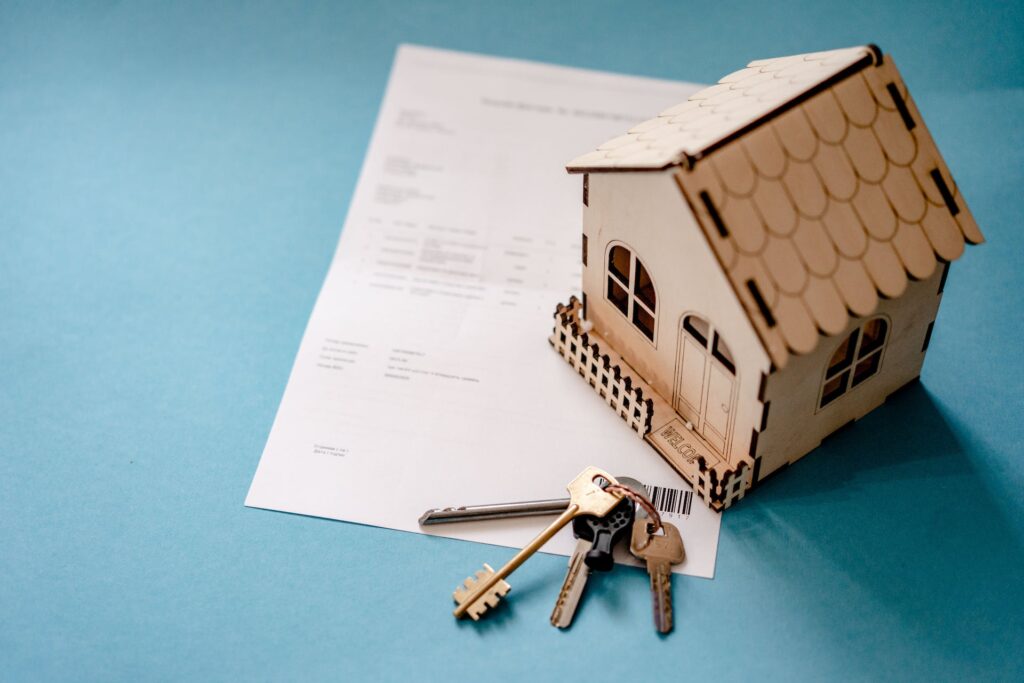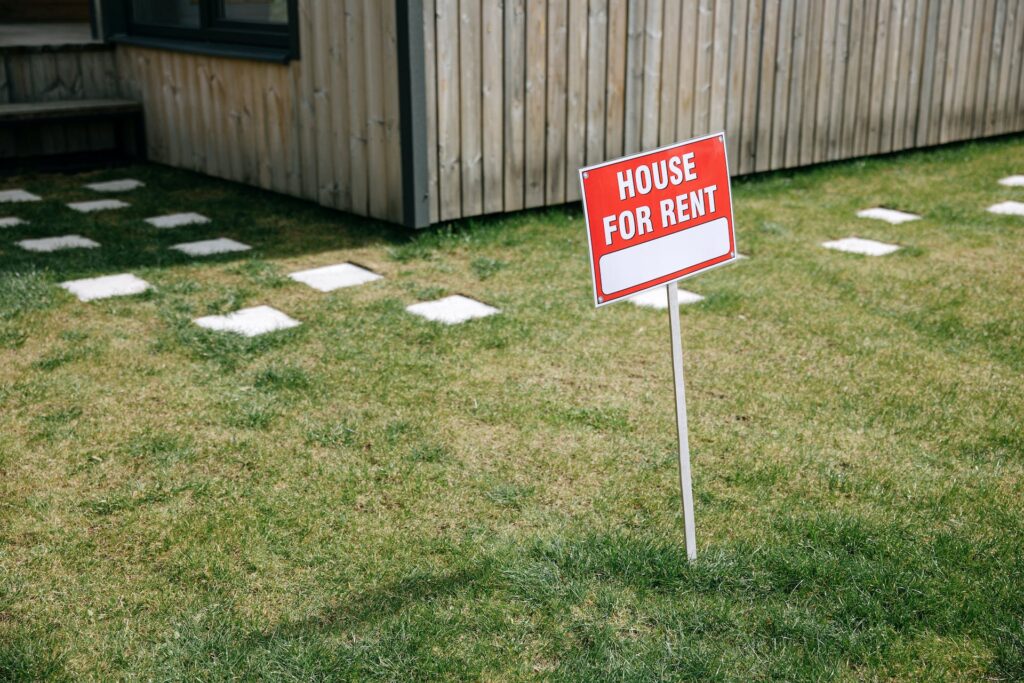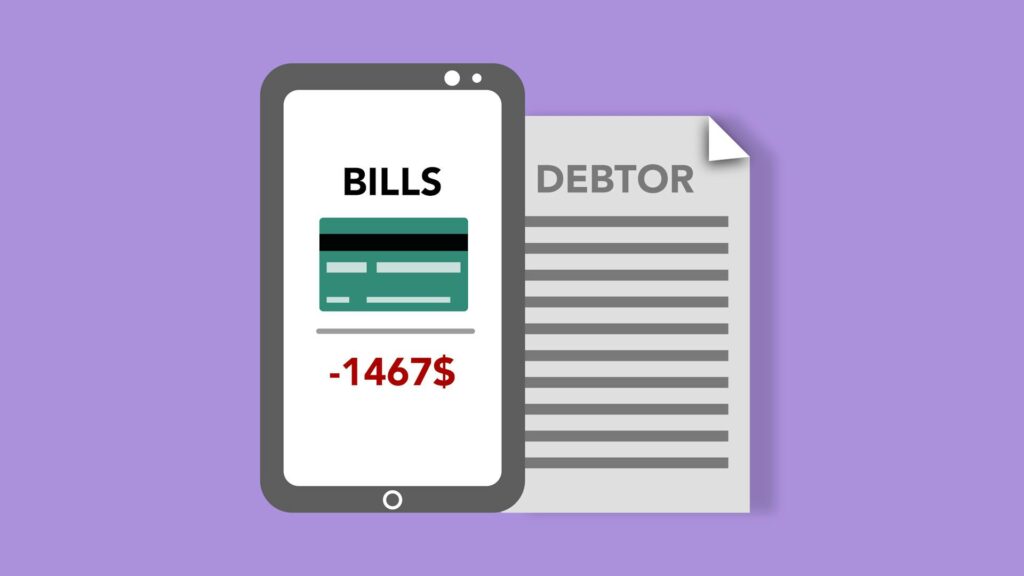Question: What is P&S: Purchase And Sale? Answer: P&S is a real estate agreement detailing the terms of a property sale, including price, property description, and sale conditions. What is P&S: Purchase And Sale? Navigating the Purchase and Sale Agreement in Real Estate In the realm of real estate, the P&S: purchase and sale agreement […]
Question: What is OO: Owner-Occupied? Answer: OO refers to a property inhabited by its owner, as opposed to being rented out, often affecting mortgage and insurance terms. What is OO: Owner-Occupied?: Understanding Their Role in Real Estate OO: Owner-Occupied properties are a fundamental part of the real estate landscape, referring to properties where the owner […]
Question: What is O/F: Owner Finance? Answer: O/F is a financing arrangement where the property seller provides the mortgage directly to the buyer, bypassing traditional bank loans. What is O/F: Owner Finance? A Flexible Alternative in Real Estate Transactions O/F: Owner Finance, also known as Seller Financing, is a creative real estate financing method where […]
Question: What is NOO: Non-Owner Occupied? Answer: NOO refers to properties not inhabited by the owner, often used as rental or investment properties with different financing and insurance requirements. What is NOO: Non-Owner Occupied? Investing and Managing Non-Owner Occupied (NOO) properties are a significant segment in the real estate market. These are properties purchased not […]
Question: What is NOI: Net Operating Income? Answer: NOI in real estate is the annual income from a property minus necessary operating expenses, excluding financing costs and taxes. What is NOI: Net Operating Income? An important Metric in Real Estate Analysis Net Operating Income (NOI) is a fundamental concept in real estate investment, serving as […]
Question: What is NNN: Triple-Net Lease? Answer: NNN is a lease where the tenant pays all real estate taxes, building insurance, and maintenance, in addition to rent and utilities. What is NNN: Triple-Net Lease? A Deep Dive into NNN Agreements The Triple-Net Lease, commonly referred to as an NNN lease, is a popular real estate […]
Question: What is MLS: Multiple Listing Service? Answer: MLS is a comprehensive database of property listings used by real estate professionals, providing detailed information about properties for sale. What is MLS: Multiple Listing Service? A Key Tool in Real Estate The Multiple Listing Service (MLS) is an essential tool in the real estate industry, serving […]
Question: What is MFH: Multi Family Home? Answer: MFH is a residential building with multiple separate housing units, like apartments or condos, designed for more than one family. What is MFH: Multi Family Home? A Smart Investment in the Real Estate Market Multi-Family Homes (MFHs) have become a significant part of the real estate landscape, […]
Question: What is MDU: Multiple-Dwelling Unit? Answer: MDU refers to a building or complex containing multiple separate residential units, like apartments or condominiums, often with shared common areas. What is MDU: Multiple-Dwelling Unit? A Key to Diversified Real Estate Investment Multiple-Dwelling Units represent a significant segment in the real estate market, particularly appealing to investors […]
Question: What is MAO: Maximum Allowable Offer? Answer: MAO is a real estate investing formula to determine the highest offer on a property, considering ARV, repair costs, and profit margin. What is MAO: Maximum Allowable Offer? Maximizing Profit in Real Estate In the dynamic world of real estate investing, calculating the Maximum Allowable Offer (MAO) […]
Question: What is LTV: Loan to Value? Answer: LTV is the ratio of a loan amount to the value of the property, used to assess lending risk in real estate transactions. What is LTV: Loan to Value? Its Importance in Real Estate Finance The Loan To Value (LTV) ratio is a critical metric in the […]
Question: What is LLP: Limited Liability Partnership? Answer: LLP is a business structure offering partners limited personal liability for partnership debts and actions, often used in real estate investments. What is LLP: Limited Liability Partnership? A Collaborative Business Framework A Limited Liability Partnership (LLP) is a legal structure often chosen by professionals and business partners […]
Question: What is L/O: Lease Option? Answer: L/O is an agreement combining property leasing with an option to buy at the end of the lease, beneficial for both lessee and owner. What is L/O: Lease Option? A Flexible Path to Homeownership A Lease Option, often abbreviated as L/O, is a real estate agreement that provides […]
Question: What is JV: Joint Venture? Answer: JV in real estate is a business arrangement where parties pool resources for a project, sharing profits, losses, and control as per their agreement. What is JV: Joint Venture? Collaborative Pathways in Real Estate Investment A Joint Venture (JV) is a strategic alliance where two or more parties, […]
Question: What is IRR: Internal Rate Of Return? Answer: IRR is a financial metric for evaluating investment profitability, representing the annualized return rate on the invested capital in real estate. What is IRR: Internal Rate Of Return? Deciphering Investment Performance The Internal Rate of Return (IRR) is an important metric in finance and investment, particularly […]
Question: What is HOA: Homeowners Association? Answer: HOA is an organization in residential communities enforcing rules and maintaining common areas, often collecting fees from residents for services. What is HOA: Homeowners Association? Intro to Community Living A Homeowners Association (HOA) is a common feature in many residential communities, playing a significant role in managing and […]
Question: What is HML: Hard Money Lender? Answer: HMLs are private lenders offering short-term loans based on property value, often with higher interest rates, used for real estate investments. What is HML: Hard Money Lender? An Alternative Path in Real Estate Financing Hard Money Lenders (HMLs) are a vital component of the real estate finance […]
Question: What is GRM: Gross Rent Multiplier? Answer: GRM is a metric dividing property price by gross annual rental income, used to evaluate investment potential in income-generating properties. What is GRM: Gross Rent Multiplier? A Simple Tool for Real Estate Evaluation Gross Rent Multiplier (GRM) is a basic but powerful metric used in the real […]
Question: What is FSBO: For Sale By Owner? Answer: FSBO refers to selling property directly by the owner without a real estate agent, avoiding agent fees but requiring handling all sale aspects. What is FSBO: For Sale By Owner? A Popular Real Estate Choice For Sale By Owner (FSBO) is a term in real estate […]
Question: What is FMV: Fair Market Value? Answer: FMV is the estimated price a property would sell for on the open market, based on condition, location, and comparable sales. What is FMV: Fair Market Value? Introduction to Fair Market Value Fair Market Value (FMV) is a fundamental concept in real estate, serving as the cornerstone […]
Question: What is FMR: Fair Market Rent? Answer: FMR represents the estimated rent a property would earn in the open market, based on analysis of similar properties in the area. What is FMR: Fair Market Rent? Unpacking the Rental Landscape Fair Market Rent (FMR) stands as a pivotal term in real estate. It represents an […]
Question: What is DTI: Debt To Income Ratio? Answer: DTI is a financial measure, dividing total monthly debt payments by gross monthly income, used to assess debt management and repayment ability. What is DTI: Debt To Income Ratio? Introduction to Debt to Income Ratio The Debt to Income Ratio (DTI) is a key financial metric, […]
Question: What is DSCR/DCR/DSR: Debt Service Coverage Ratio? Answer: DSCR assesses a borrower’s ability to repay a loan, calculated by dividing annual net operating income by annual debt service. What is DSCR/DCR/DSR: Debt Service Coverage Ratio? Introduction to Debt Service Coverage Ratio The DSCR/DCR/DSR: Debt Service Coverage Ratio, also known as DCR or DSR, is […]
Question: What is CRE: Commercial Real Estate? Answer: CRE refers to property used for business purposes, like office buildings and retail spaces, and includes buying, selling, and leasing these properties. What is CRE: Commercial Real Estate? Introduction to Commercial Real Estate Commercial Real Estate (CRE) is a vital part of the real estate sector, encompassing […]
Question: What is COO/C Of O: Certificate Of Occupancy? Answer: A COO certifies a building’s compliance with building codes and laws, confirming it’s suitable and safe for occupancy. What is COO/C Of O: Certificate Of Occupancy? Its Role and Importance in Real Estate The Certificate of Occupancy, commonly referred to as a COO or C […]
Question: What is COF: Cost of Funds? Answer: COF refers to the interest rate financial institutions pay to use funds, impacting mortgage rates in real estate. What is COF: Cost of Funds? Exploring the Cost of Funds The Cost of Funds (COF) is a critical concept in finance, especially relevant in the real estate sector. […]
Question: What is COCR/CCR/Coc: Cash-On-Cash Return? Answer: Cash-On-Cash Return is a real estate investment metric that calculates the cash income earned on the cash invested in a property. What is COCR/CCR/Coc: Cash-On-Cash Return? A Key Metric in Real Estate Investing Cash-On-Cash Return, often abbreviated as COCR, CCR, or Coc, is a crucial metric used in […]
Question: What is CMA: Comparative Market Analysis? Answer: CMA is a real estate tool estimating property value by comparing it to similar, recently sold properties in the same area. What is CMA: Comparative Market Analysis? A Key to Real Estate Success Comparative Market Analysis, commonly known as CMA, is a tool used in real estate […]










































